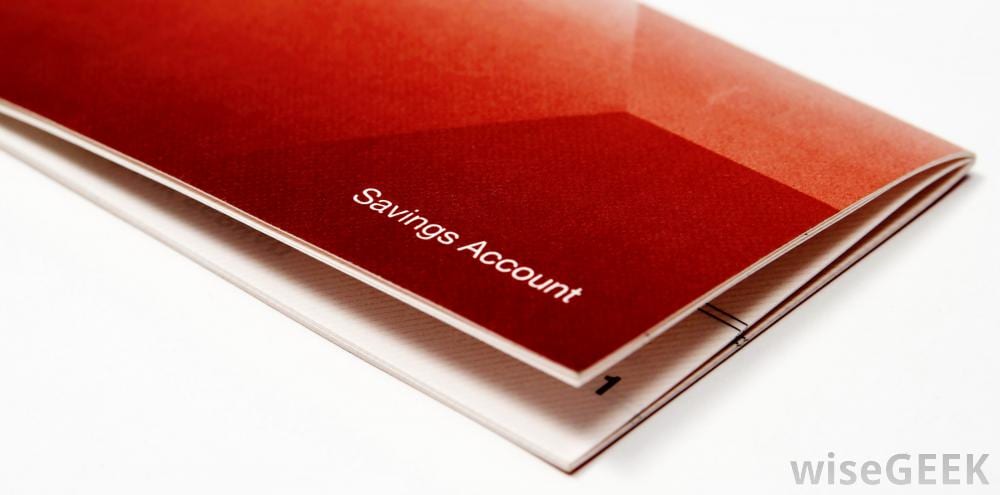If you’ve ever found yourself in a financial bind and opted for a consumer proposal to get back on track, you might be wondering about its lasting effects on your credit report. Understanding the duration of a consumer proposal on your record is essential for planning your financial future. So, let’s explore this in detail.
Understanding Consumer Proposals
What is a Consumer Proposal?
A consumer proposal is a formal debt settlement agreement that allows you to pay back a portion of your debts over an extended period, usually up to five years. It’s a great alternative to bankruptcy, providing relief while allowing you to retain full control of assets like your home and car.
Benefits of Choosing a Consumer Proposal
Consumer proposals give debtors a fresh start. They halt collection calls, wage garnishments, and legal proceedings, offering immediate relief.
Credit Reports in Canada
Understanding Credit Reports
Credit reports are like your financial report cards. They contain detailed information about your credit history, including loans, credit cards, and payment patterns. In Canada, two major credit bureaus, Equifax and TransUnion, compile and maintain these reports.
The Impact of Credit Scores
Your credit score, derived from your credit report, influences your ability to borrow money. Lenders use it to determine your creditworthiness. A higher score makes it easier to secure loans at favorable interest rates.
How Long Does a Consumer Proposal Stay on Your Credit Report?
Now, let’s get to the heart of the matter—how long does a consumer proposal affect your credit report?
Duration of a Consumer Proposal on Your Credit Report
A proposal will typically mark your credit report for three years post-completion. Should you decide to expedite your proposal payments, your credit rating will bounce back sooner.
Comparing with Other Adverse Entries
Interestingly, a consumer proposal doesn’t linger as other credit report entries might. For instance, while bankruptcies might conclude faster than a consumer proposal, they stain your record for six to seven years post-discharge.
Legal Requirements for Credit Reporting Timelines
Provincial legal guidelines determine the tenure of consumer proposals on credit reports. Credit bureaus are mandated to adhere to these durations. Hence, once the stipulated period ends, your credit status should automatically uplift.
Impact on Your Credit Score
How a Consumer Proposal Affects Your Credit Score
There’s no sidestepping the fact; a proposal does dent your credit score. Initially, you might notice a dip. But, by maintaining regular payments and showcasing prudent financial management, your score can start its upward climb.
Tips for Rebuilding Credit
So, you’re wondering how to recover from the hit on your credit score post-consumer proposal? Here are some tips:
Budget Wisely:
Create a budget and stick to it. This will help you manage your finances effectively.
Pay Bills on Time:
Timely bill payments show creditors that you are responsible.
Use Credit Sparingly:
Be cautious with new credit. Start with a secured credit card to rebuild trust.
Monitor Your Credit Report:
Regularly check your credit report for errors and discrepancies.
Common Misconceptions
Debunking Myths
There are prevalent misconceptions about consumer proposals. A widespread belief is the difficulty in securing credit post a consumer proposal. This is far from the truth. It might be challenging, but credit reconstruction is entirely achievable.
Clarifying Misunderstandings
Another confusion is equating consumer proposals to bankruptcies concerning credit reports. As highlighted, consumer proposals typically leave a shorter imprint on your credit record.
Expert Advice and Tips
Insights from Licensed Insolvency Trustees
As an experienced licensed insolvency trustee, I’ve helped countless individuals navigate the complexities of consumer proposals. One piece of advice I’d like to emphasize is to consult with a professional when considering this option. They can provide tailored guidance to suit your unique financial situation.
Guidance on Responsible Financial Practices
During and after a consumer proposal, it’s essential to practice responsible financial habits. This includes creating a budget, living within your means, and saving for the future.
Strategies for Improving Your Creditworthiness
Remember, improving your creditworthiness takes time and patience. It’s a journey, not a sprint. Keep working on rebuilding your credit, and you’ll see progress over time.
Final Thoughts on Consumer Proposals and Credit Scores:
In essence, a consumer proposal does have repercussions on your credit score, but it’s surmountable. By grasping the reporting durations, imbibing sound financial habits, and leveraging expert advice when required, financial stability is within reach. It’s a journey, and with strategic steps, credit reconstruction and realization of financial aspirations are achievable.






